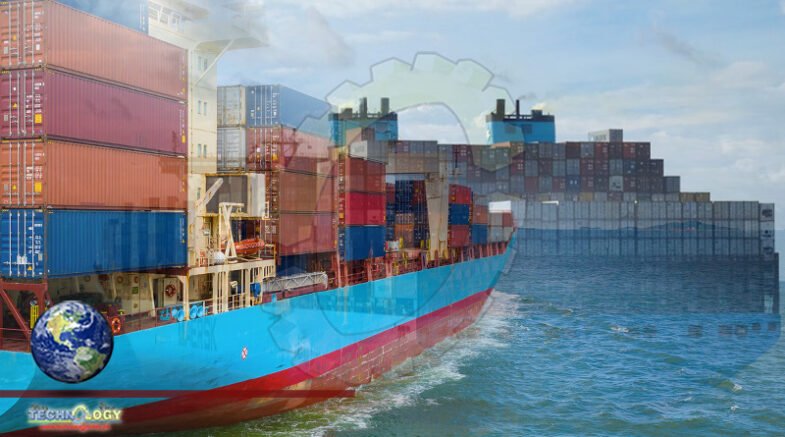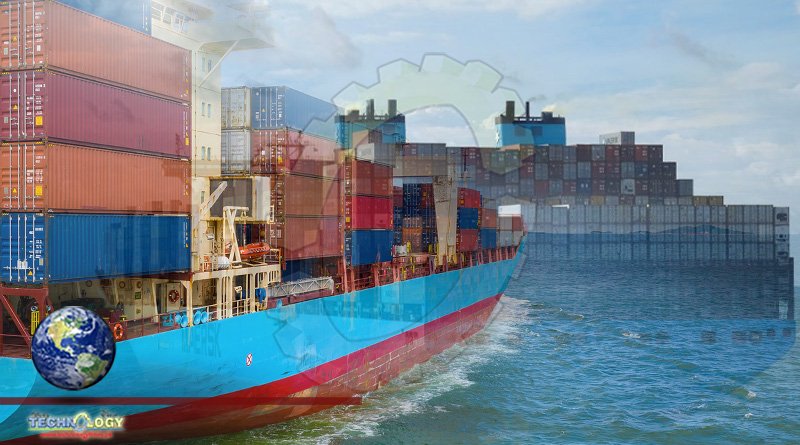With the Shipping industry constantly working towards achieving a greener future, Maersk and Hyundai Milo Dockyards are making headway.

We speak to Ole Grana Jakobsen, head of fleet technology, A.P. Moller, Maersk, to find out more about the vessel, when construction is planned to commence and why this new fuel has been selected over other green fuels on the market.
Acting as the backbone for global trade, shipping provides essential products, materials, and services to millions around the world. However, the environmental effects of shipping are highly detrimental to the environment with the industry being responsible for more than 18% of some air pollutants.
Alongside this, The International Maritime Organisation has estimated that CO2 emissions from shipping were equivalent to 2.2% of the global human-made emissions in 2012, which are expected to rise 50%-250% by 2050 if no action is taken.
With this in mind, the shipping industry has been striving towards cleaner fuel use and alternative energy means, such as liquid natural gas or dual fuel powered ships. Shipping giant Maersk is following suit, by announcing the world’s first methanol fueled container.
The contract signed between Maersk and Hyundai Mipo sees Hyundai Mipo building a feeder vessel that has dual engine technology, allowing the ship to sail on either the new methanol fuel or traditional low sulphur fuel. The methanol propulsion configuration for the new vessel will be developed by MAN Energy Solutions and Hyundai Engine Machinery.
Alongside the development of this vessel, it has been reported that more than half of Maersk’s customers have set or are in the process of setting ambitious zero carbon targets for their supply chains – reducing their impact on the environment.
Frankie Youd (FY): When did the discussion for this design first come about?
Ole Graa Jakobsen (OJ): For this vessel, we took a different approach as we applied a ship design that would fit the methanol main engine size already available on the market today. Usually, the process would be the other way around.
This way we are fast-tracking a green methanol solution for real-life operation which is de-risked by the use of known technology, while demonstrating that we can act already now in terms of deploying truly scalable carbon-neutral solutions in shipping. Further, this approach allows us to gain valuable operational experience, which is key in building the scale we will need in the future.
Source Ship Technology
